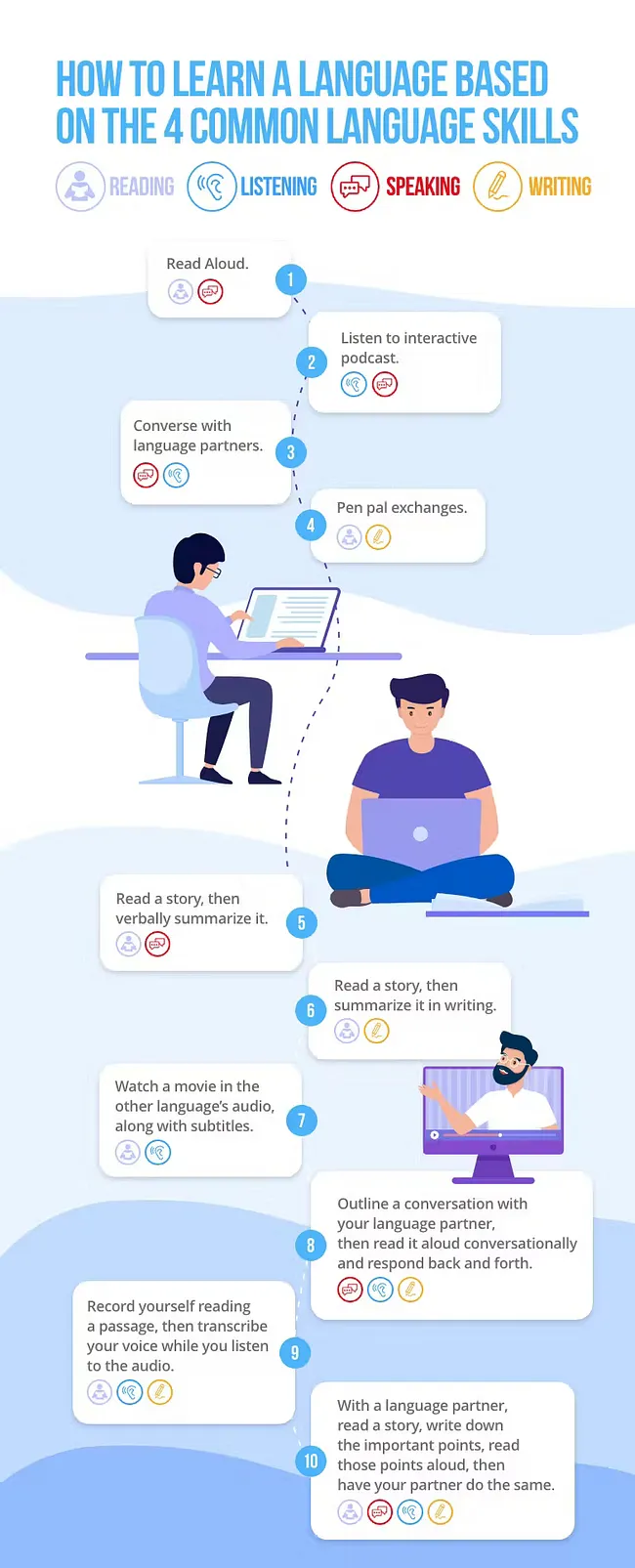Always up to date to find your dream job!
We only need a few personal details, thanks!
So you are planning to move or maybe you just moved to the Netherlands. Aside from the stress of moving to a new country you will be confronted with a new culture, new ways of doing things, but most importantly a new language . The Netherlands is a country that welcomes countless of visitors and internationals on a daily basis. Granted, most people in the Netherlands speak English, but do not assume that it will be easy sailing from there. To be able to truly integrate in the Dutch way of life, knowing the language is essential. We will include the top 5 reasons why learning Dutch will make your stay in the Netherlands that much more rewarding.
Contrary to popular belief, Dutch is not the most difficult language for an English speaker to learn. The reason being, that English belongs to the Germanic branch of the Indo-European family of languages, just like Dutch. Structurally, and in some cases, the language can be easy to understand for English speakers. An example:
Wat is jouw naam?
What is your name?
What also makes it easy is that the Dutch language has adopted a lot of Anglo Saxon words. In a day to day conversation a Dutch person will use quite a few loan words from the English grammar. So, if you have the basics of the Dutch language mastered following a conversation will be a lot easier.
We already mentioned that most Dutch people speak English. However, if you were to find yourself amongst a Dutch group, be aware that the conversation will be predominantly in Dutch. They will try to include you as much as possible, but force of habit and what comes natural to them makes it that the conversation eventually switches back to Dutch. Knowing the language makes it easy to follow the conversation and add your two cents, when needed.
We are not saying that if you do not speak the Dutch language that Dutch population will not befriend you. No. What we are saying is that the Dutch really appreciate it when a foreigner speaks Dutch. It does not matter if you are not fluent. The Dutch are kind and are always willing to help you learn the language. So go ahead, spark up a conversation in Dutch and see their eyes light up. Bonding time!
Culture goes beyond what can be seen. Culture goes as far to include things such as body language, spoken language and metaphors. Oh, and don’t the Dutch have a lot of those.
A fun example: Koekje van eigen deeg. Literally translated; A cookie from your own dough. This has nothing to do with cookies. To use an English metaphor to explain this; basically, you reap what you sow. There are a lot more metaphors where this came from. Once you’ve mastered the art of the Dutch metaphors, you can safely say that you are truly Dutch.
Despite the knowledge of the English language, most official information are in Dutch. Understanding important documents such as tax papers, rent contracts, government papers, insurance papers etc. makes it much easier to know how to fill in important forms and most importantly knowing what you are being taxed for.
Dutch is not only spoken in The Netherlands. Travel a few miles South and once you reach the border of the Netherlands you will hear a very familiar language. In Belgium the spoken language is Flemish, a Dutch dialect. Understanding Flemish comes as a second nature if you know the Dutch language. The majority of the population in Suriname and the Caribbean, specifically Aruba, Bonaire, Curacao and Sint Maarten, also speak the language. And to top it all off, if you are planning to book a trip to South Africa you are in luck! Afrikaans, also part of the West Germanic language branch, is the language spoken in South Africa. The language evolved from the Dutch language to what is spoken today.
So what are you waiting on. Find a Dutch course and be part of the conversation.
Infographic on how to learn a new language based on the 4 common language skills by Language Trainers.

We only need a few personal details, thanks!

